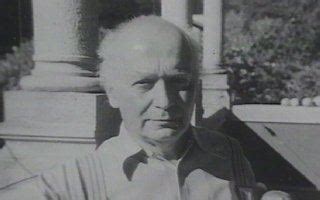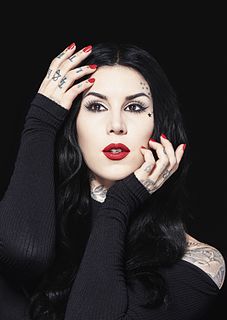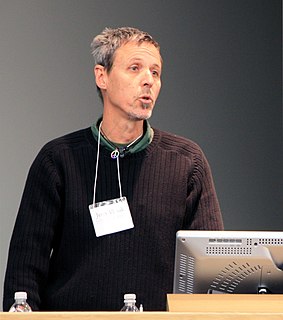A Quote by Andrew Linzey
We can't change the world for animals without changing our ideas about animals. We have to move from the idea that animals are things, tools, machines, commodities, resources here for our use to the idea that as sentient beings they have their own inherent value and dignity.
Related Quotes
Many things that human words have upset are set at rest again by the
silence of animals. Animals move through the world like a caravan of
silence. A whole world, that of nature and that of animals, is filled
with silence. Nature and animals seem like protuberances of silence.
The silence of animals and the silence of nature would not be so great
and noble if it were merely a failure of language to materialize.
Silence has been entrusted to the animals and to nature as something
created for its own sake.
When children see animals in a circus, they learn that animals exist for our amusement. Quite apart from the cruelty involved in training and confining these animals, the whole idea that we should enjoy the humiliating spectacle of an elephant or lion made to perform circus tricks shows a lack of respect for the animals as individuals.
Years of cultural programming have taught us to love some animals while eating others, when in all reality, all animals are sentient beings with the capacity to feel, both physically and emotionally. Every day, I have the choice to live a life of compassion that not only saves animals but helps the environment.
There is increasing social concern about our use of nonhumans for experiments, food, clothing and entertainment. This concern about animals reflects both our own moral development as a civilization and our recognition that the differences between humans and animals are, for the most part, differences of degree and not of kind.
There was an idea that God created man different from other animals, because man was rational and animals had drives and instincts. That idea of a rational man that was specially created went out the window when Darwin showed that we evolved from animal ancestors, that we have instincts, much as do animals, and that our instincts are very important. It was a much more sophisticated, nuanced, and rich view of the human mind.
99% of our uses of animals, including our numerically most significant use of them for food, do not involve any sort of necessity or any real conflict between human and nonhuman interests. If animals matter morally at all, then, even without accepting a theory of animal rights, those uses of animals cannot be morally justified.



































